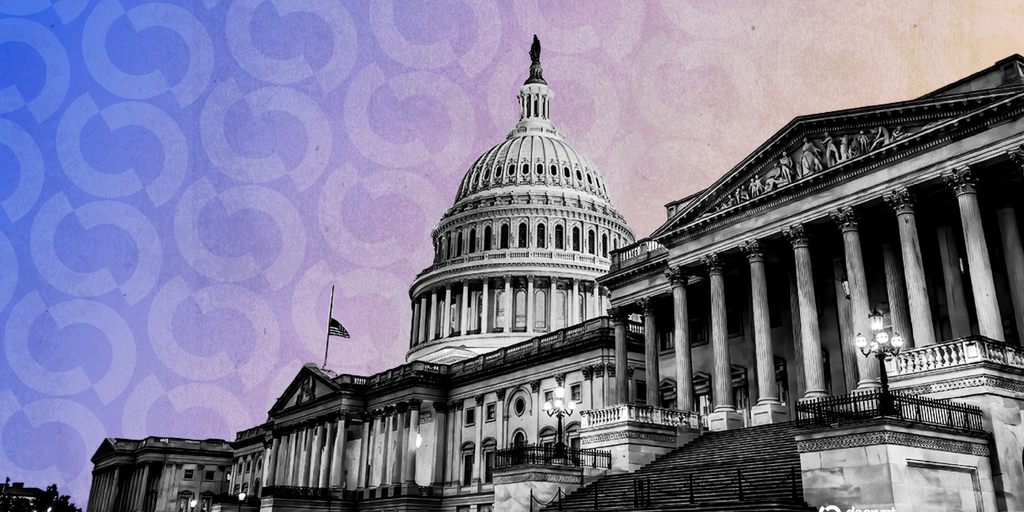
Summary
- Prominent figures in AI and tech, including Andreessen Horowitz and OpenAI’s Greg Brockman, announced a $100 million initiative to support pro-AI candidates.
- This fund will focus on campaigns in California, New York, Illinois, and Ohio this year, then expand to federal elections and the 2026 midterms.
- Proponents argue that this initiative is crucial to maintain U.S. leadership in AI and to counter policies that may hinder progress.
On Monday, some of America’s foremost AI companies, investors, and tech leaders unveiled a $100 million political action fund aimed at backing candidates who support a “pro-AI agenda” in upcoming state and federal races over the next two years.
Leading the Future bears similarities to political PACs in the crypto space. The initiative is founded by Andreessen Horowitz, a key player in Fairshake—a $300 million pro-cryptoPAC that significantly influenced the 2024 election. Both Leading the Future and Fairshake utilize the same political strategist, Josh Vlasto.
Other notable supporters of Leading the Future include OpenAI co-founder Greg Brockman, venture capital expert Ron Conway, Palantir co-founder Joe Lonsdale, and Perplexity.
Leading the Future aims to be active in both primary and general elections across state and federal levels, opposing candidates who do not advocate for a “pro-innovation” approach to maintain U.S. dominance in AI.
The organization plans to start spending on state races in California, New York, Illinois, and Ohio—key areas for AI development in the U.S.—and will later broaden its focus to federal races ahead of the 2026 midterms.
A source familiar with the fund revealed to Decrypt that the successes of pro-crypto political spending groups like Fairshake provided a model for AI leaders to replicate.
While both AI and crypto are emerging technology sectors with substantial financial resources, they face distinct challenges in the policy landscape. In the lead-up to 2024, crypto struggled amid a series of scandals that diminished its political relevance. A significant increase in political spending rejuvenated its fortunes by directing attention toward identifiable opponents like former SEC chair Gary Gensler and Sen. Elizabeth Warren (D-MA).
Conversely, AI currently lacks a specific target akin to Gensler or Warren. It remains a burgeoning cause in the potential second Trump administration, with no faction of the Democratic Party taking an oppositional stance as was seen with crypto.
However, the impressive political spending narrative of crypto not only influenced electoral outcomes but also exerted considerable pressure on lawmakers to swiftly enact favorable legislation. Despite a polarized climate in Washington, Congress managed to pass a significant crypto bill at a rapid pace, supported heavily by candidates endorsed by Fairshake.
When questioned about whether any current lawmakers could be categorized as “anti-AI,” or the purpose of Leading the Future, a spokesperson for Andreessen Horowitz pointed Decrypt to an X post shared earlier today by Collin McCune, the head of government affairs for the venture firm.
“Policymakers in Washington and state capitals are evaluating numerous proposals that could hinder innovation,” McCune stated. “The only way to combat entrenched interests and outdated perspectives is to ensure that innovators have a voice in the discussion.”
Editor’s note: This article was amended post-publication to clarify details regarding Vlasto’s involvement.
Daily Debrief Newsletter
Begin your day with the leading news stories, plus original features, podcasts, videos, and more.

